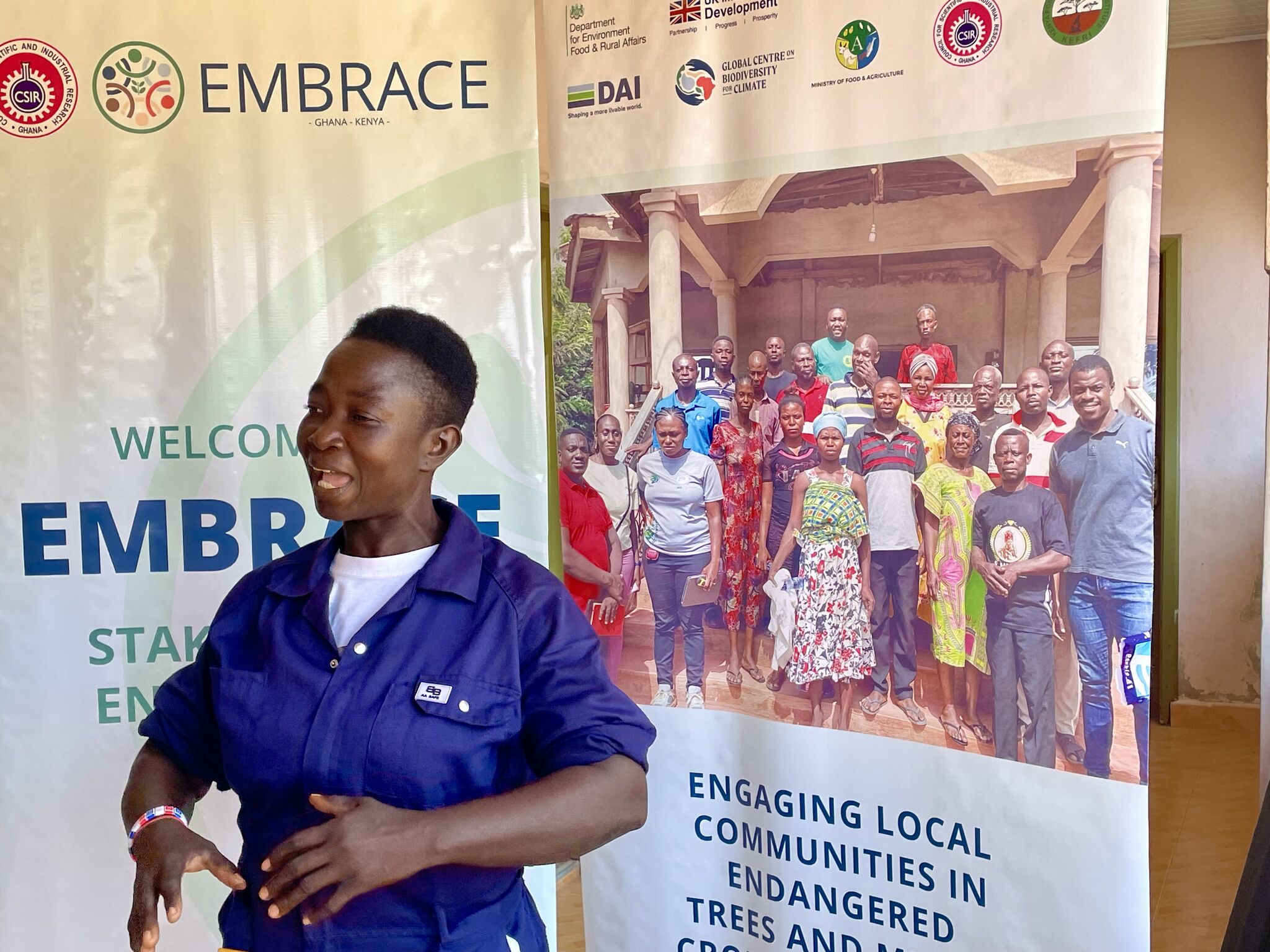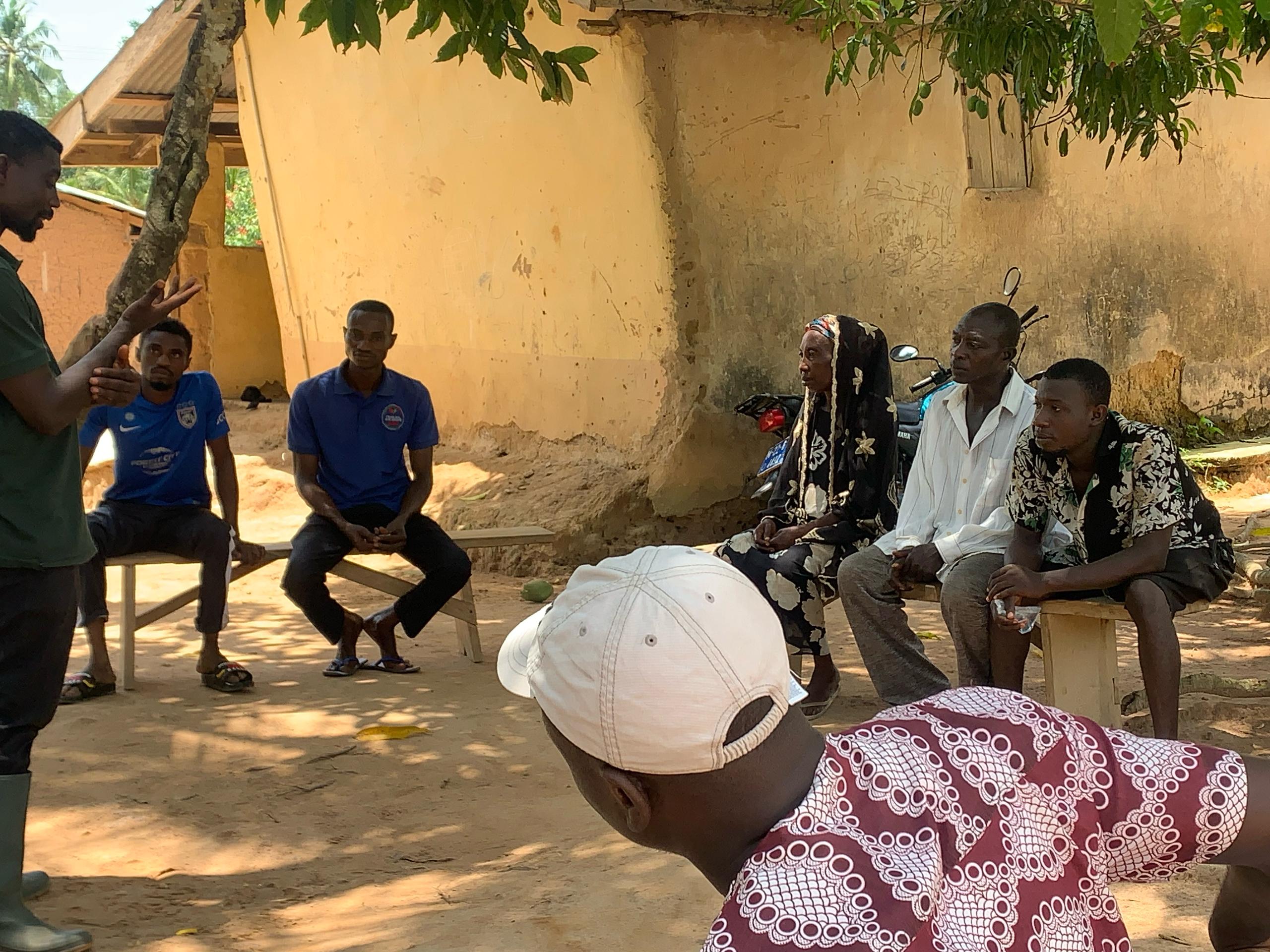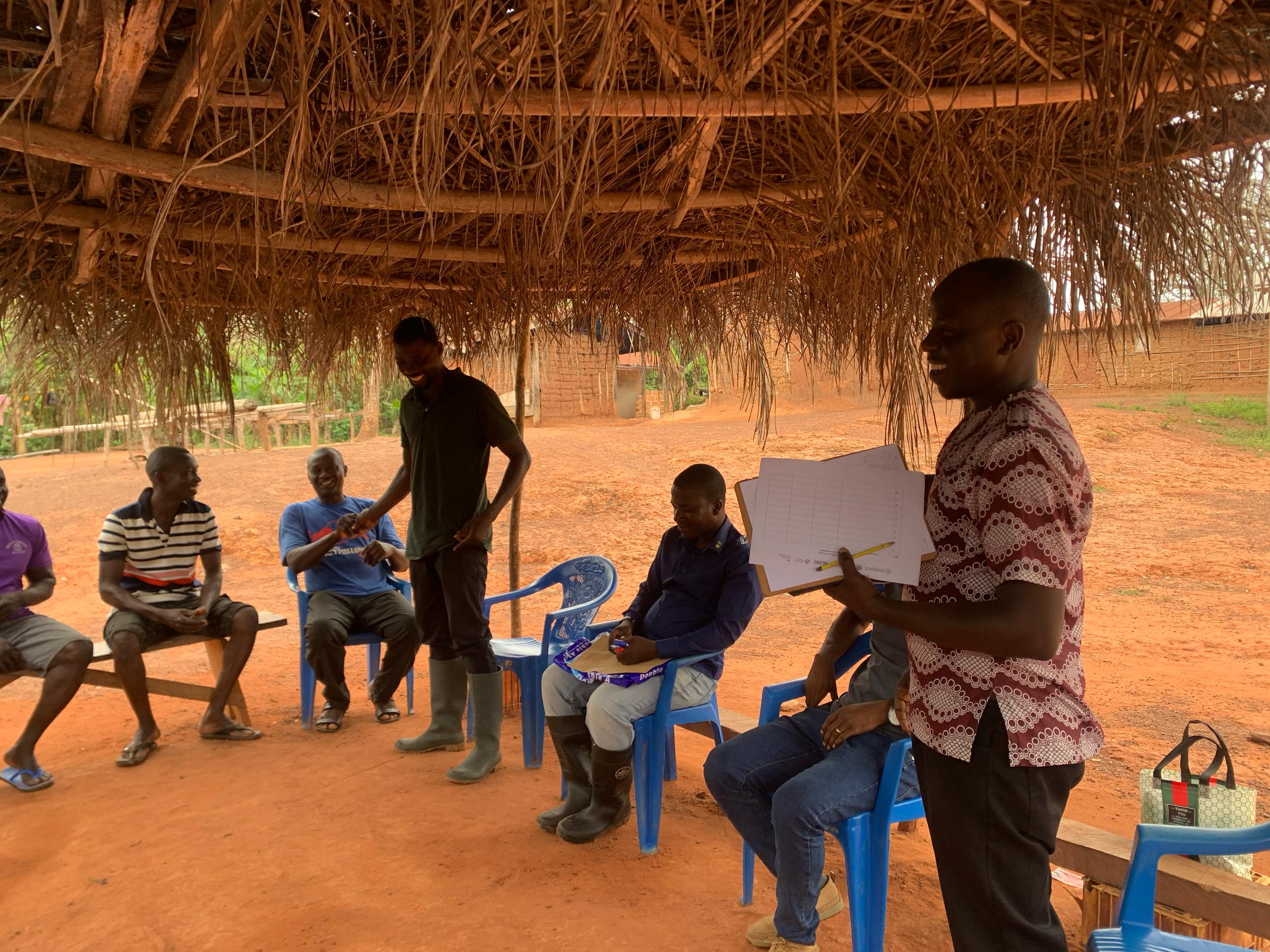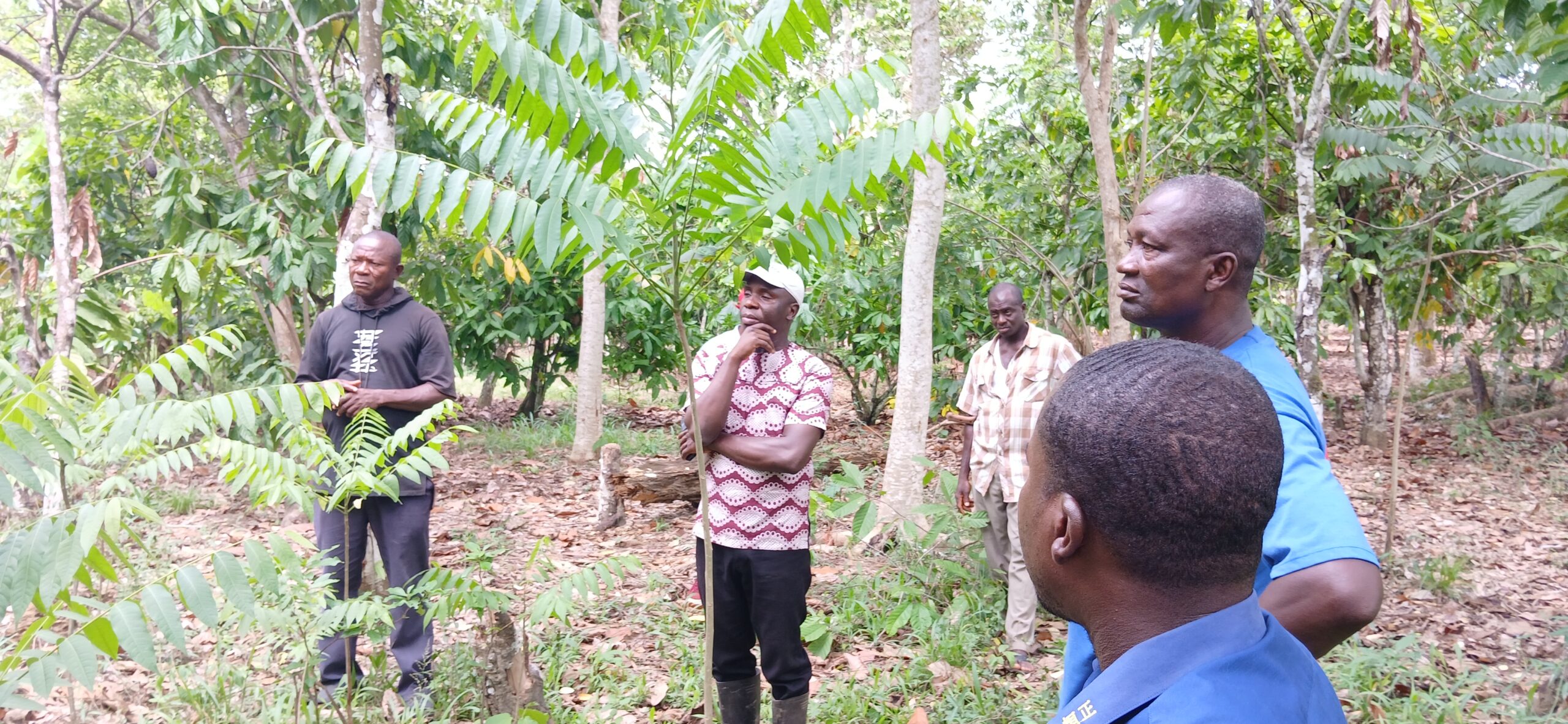EMBRACE: Reviving Forgotten Food Crops, Securing the Future
In the second quarter of our project, we set out to achieve two major milestones:
- Identification and Collection of Seeds of Minor and Indigenous Crops and Endangered Tree Species that are threatened with extinction within our project communities.
- Mapping of All Project Working Areas across the selected regions.
We are excited to report significant progress toward these goals, marked by deep community collaboration, invaluable traditional knowledge, and a growing sense of shared purpose.





Seeds of Heritage: A Journey with Communities
Working hand in hand with local communities, we embarked on a journey of rediscovery; identifying and collecting indigenous minor crops and endangered tree species. These are not just plants; they are living legacies. Once vital components of local food systems, these species are now teetering on the edge of obscurity, overshadowed by the dominance of commercial agriculture and changing land-use patterns.
Yet, hidden within these seeds is immense potential for nutrition, climate resilience, and biodiversity conservation. For many of the farmers and families we met, these crops represent far more than food. They are cultural treasures, passed down through generations, entwined with identity, tradition, and community memory.
Regional Coverage and Species Collected
Our field teams successfully visited fifteen communities across three regions namely Ahafo, Ashanti, and Western North. In these communities, we collected over 100 different species of minor crops, including:
- Vegetables
- Legumes and Oilseeds
- Roots and Tubers
- Cereals
Each collection was accompanied by the rich traditional knowledge surrounding their cultivation, culinary and medicinal uses, seed systems, and perceived changes in availability and use over time. These insights are not just data points; they are the stories, wisdom, and lived experiences of the communities themselves.
To preserve and share this knowledge, a comprehensive database is being developed to make this information accessible to researchers, policymakers, and development partners.
Gender Equality and Social Inclusion: A Core Commitment of the EMBRACE Project
One of the most impactful lessons from our community engagements was the need to elevate every voice, especially those of women. In nearly every community we visited, women emerged as custodians of seed knowledge, responsible for seed selection, preservation, and the intergenerational transfer of agricultural wisdom.
However, these same women are often left out of decision-making processes. That’s why Gender Equality and Social Inclusion (GESI) is not a side note; it is central to our work. We believe that true agricultural progress only happens when all farmers, regardless of gender or background, have equal access to resources, opportunities, and leadership.
More Than Seeds: Co-Creation and Conservation
The EMBRACE Project goes far beyond conservation. Through Project EMBRACE, we are not just preserving seeds, we are:
- Reviving traditions
- Reinforcing community resilience
- Reclaiming food sovereignty
- Reconnecting science with indigenous knowledge
We’re co-creating solutions with the very communities who have nurtured these crops for centuries. By listening and learning from them, we are reshaping how conservation and agriculture intersect; grounded in mutual respect, shared learning, and lasting impact.
Some of the collected seeds will be stored in community seed banks, ensuring long-term access and preservation. Others will be reintegrated into farms, gardens, and agroforestry systems, where they can continue to grow, adapt, and nourish generations to come.
Looking Ahead: Resilience Rooted in Diversity
In a world grappling with climate uncertainty, rising food insecurity, and biodiversity loss, the path forward must be one of resilience through diversity. Every seed we save, every species we protect, is a step toward a more sustainable, inclusive, and food-secure future. Let us continue to celebrate the diversity that strengthens our food systems. Let us honour the stewards of traditional knowledge and preserve the heritage that gives us not just food, but identity, resilience, and hope.
We are Listening. Learning. Preserving.
Together, we are EMBRACING the future, one seed at a time.
Dr. Hillary Mireku Botey
EMBRACE Communications
This report was reviewed and edited by: EMBRACE TEAM: Dr. Hillary Mireku Botey, Dr. Clement Oppong Peprah, Dr. Jeannette Aduhene-Chinbuah, Dr. agr. Felix Frimpong, Dr. Kwesi Atta Snr. Aidoo, Dr. Eric Owusu Danquah
Find out more on the EMBRACE website


